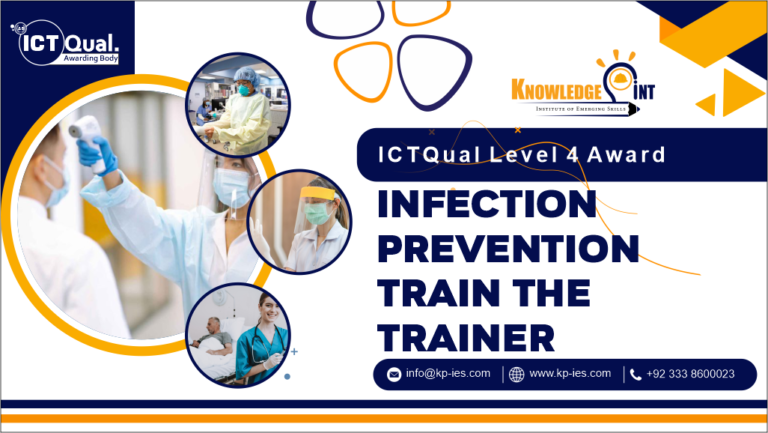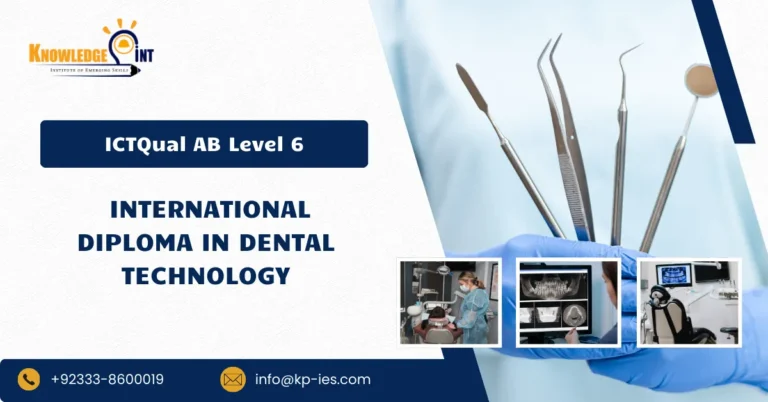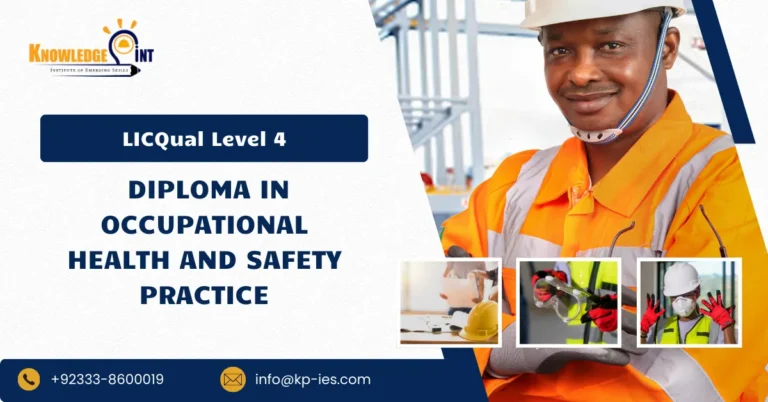ICTQual AB Level 6 International Diploma
Welding & Fabrication Technology
Awarding Body
ICTQual AB
Credits
360 Credits
Course
Fabrication Technology
study mode
Online Learning
Course overview
The ICTQual AB Level 6 International Diploma in Welding & Fabrication Technology is designed for engineers, technicians, and skilled professionals who want advanced technical knowledge and hands-on expertise in modern welding and fabrication processes. The programme provides an in-depth understanding of metal properties, welding principles, fabrication methods, and industrial safety standards. Learners are prepared to work confidently in manufacturing plants, construction sites, oil and gas industries, shipbuilding, and heavy engineering environments while meeting international quality and safety requirements.
Throughout the course, students develop strong analytical, problem-solving, and technical skills essential for precision fabrication and high-quality weld production. Core areas of study include arc welding techniques, metal fabrication processes, structural welding, blueprint interpretation, quality control, inspection methods, and the use of modern welding equipment and automation technologies. The programme emphasizes practical application, adherence to industry standards, and the integration of advanced tools to ensure efficiency, durability, and accuracy in fabricated structures.
This diploma is ideal for welders, fabrication specialists, mechanical technicians, and industrial professionals seeking career advancement or supervisory roles. Graduates gain the competence to plan and execute welding projects, manage fabrication operations, ensure quality compliance, and supervise workplace safety. The Level 6 qualification also supports progression to higher education, professional certifications, and senior technical or managerial positions within the global welding and fabrication industry.

Approved Training centre of ICTQual AB
Centre # : ATC24001

Entry Requirments
Entry Requirements for the ICTQual AB Level 6 International Diploma in Welding & Fabrication Technology:
- Educational Qualifications:Applicants should hold a Level 5 qualification or equivalent in welding, fabrication, mechanical engineering, or a related technical discipline.
- Professional Experience:Relevant industrial experience in welding, fabrication, or manufacturing is preferred and may be considered in place of formal qualifications.
- English Language Proficiency:Since the program is delivered in English, learners must show competence in reading, writing, and communication.
Course structure
ICTQual AB Level 6 International Diploma in Welding & Fabrication Technology in Personal Protective Equipment qualification consists of 36 mandatory units.






